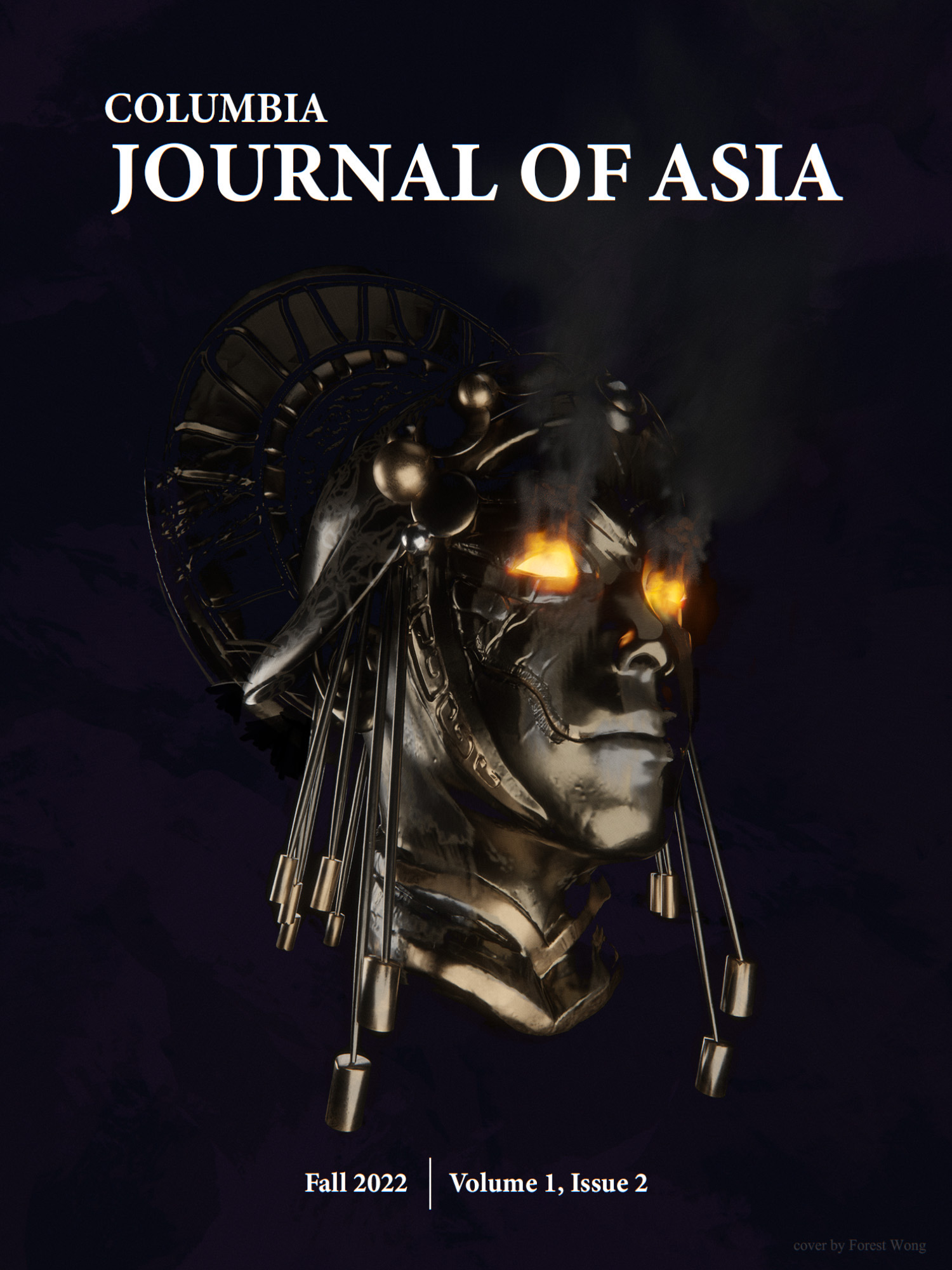Abstract
This paper explores the relationship activists in America and China had with Quotations from Chairman Mao, arguing that the book became a symbol of liberation and freedom for political activists in 1966 - 71 Capitalist America, while simultaneously existing as a symbol of conformity for political activists, and a symbol of oppression for many in Communist China. The paper analyses three aspects: revolution and political activism and their difference in meaning within Capitalist America and Communist China, Mao’s aim in releasing the book at home and abroad and race, anti-imperialism and their influence on the interpretation of the Red Book in America and China. Furthermore, the paper discusses the impact these three aspects had on the symbolism the book harboured within either society. The article aims to take the reader on a journey, exploring these central themes; reaching the conclusion that all three factors equally impacted the meaning attached to the Red Book during the Cultural Revolution.

